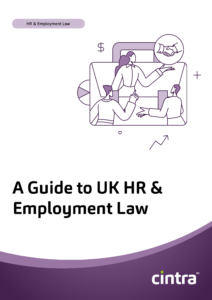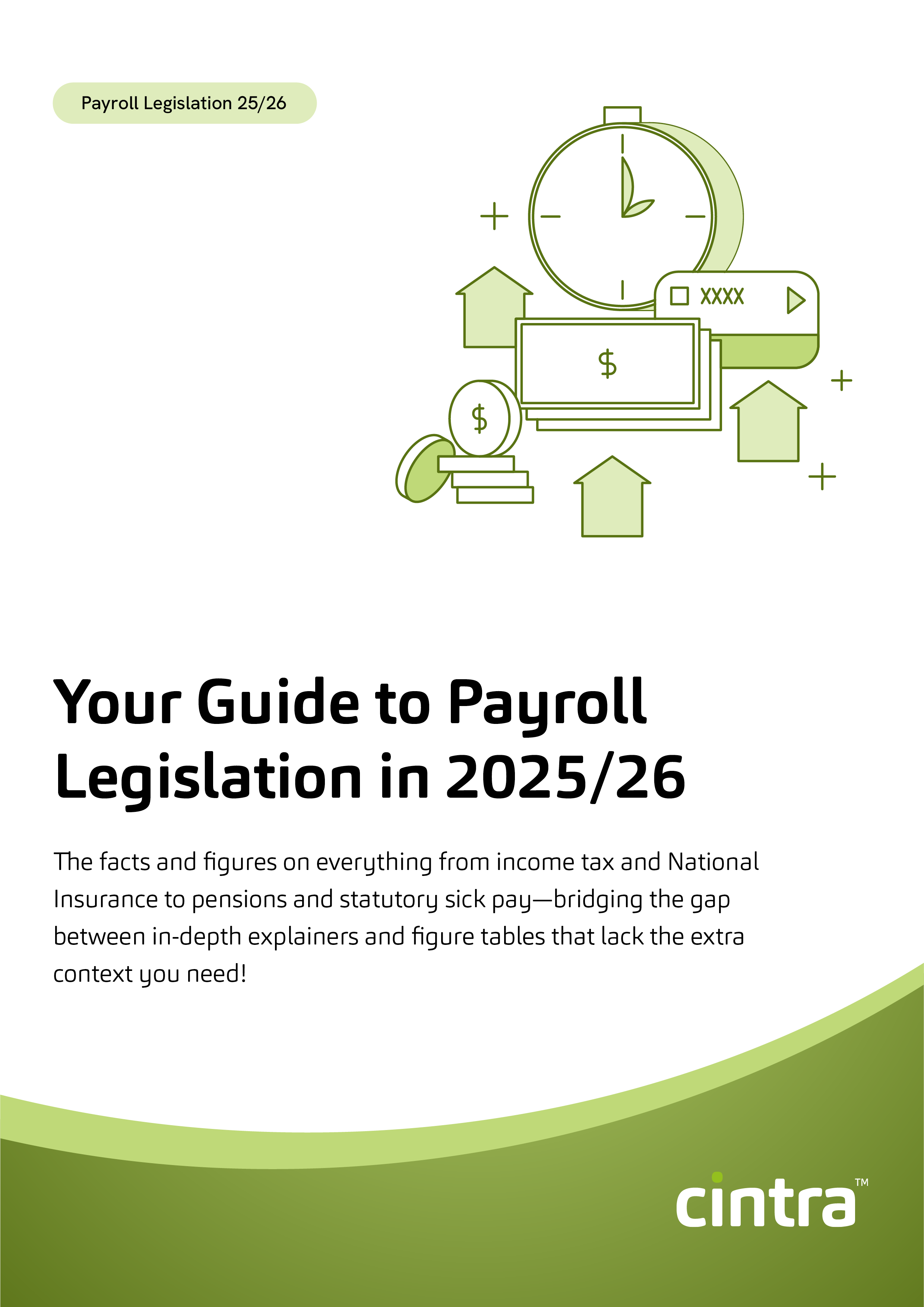Since the 6th of April 2024, the Flexible Working Bill has given UK employees more rights when it comes to flexible working.
If you employ people in the UK, your people can now request flexible working arrangements from their very first day of work (before the bill was enacted, 26 weeks’ continuous employment was required).
The Flexible Working Bill also empowers employees to make up to 2 flexible working requests per year, previously they could only request one.
To make sure you’re honouring your employees’ new rights we’ve outlined what constitutes a flexible working request and your reasons to decline flexible working.
What is a flexible working request?
A flexible working request (also known as a ‘statutory application’) is when an employee formally asks to change their working conditions. This request typically impacts either their working hours or place of work.
The request must be made in writing to their line manager and should include:
- The date on which the request is made
- A statement that it’s a statutory request
- Details of the desired change
- When and why they want the change to start
- How long they want the change to last
- Whether the change would be permanent or a trial
- The impact on the organisation and how it can be managed
- If it’s related to a disability under the Equality Act 2010
How to deal with flexible working requests
Ultimately, it’s up to you to decide if a flexible working request is fair and reasonable.
You can refuse a request if you have a valid business reason. This means putting “request denied” or “we just like having people in the office 5 days a week” in an email won’t cut it. You have to give a detailed answer as to how this change would negatively impact either the company or the employee’s job performance.
You should also bear in mind that if your employee considers the request wasn’t handled in a ‘reasonable manner’, they can take you to an employment tribunal.
Get the latest HR updates, straight to your inbox
Get the latest HR insights and best practice guides, direct to your inbox.
4 reasons to decline flexible working requests
1. Inability to meet customer expectations
Let’s imagine one of your employee’s (let’s call him Tom) wants to change his working schedule from 9:00 – 17:00 to 12:00 – 20:00.
If Tom (who directly deals with customers on a daily basis) is no longer accessible during morning business hours, some clients might complain or feel less valued because they would no longer be getting the same level of service.
Here are a couple examples of how Tom’s proposed work schedule could negatively impact customer experience:
- Tom’s absence might lead to delays in resolving customer inquiries or fulfilling orders.
- Without Tom, you might not have someone readily available with the same level of knowledge to handle complex customer issues.
2. Limited resource to get the job done
Sticking with Tom’s flexible working request: his proposed change could negatively impact the wider team, resulting in a significant manpower shortage, jeopardising the timely completion of tasks.
Also, other employees might become overburdened, which can reduce efficiency, increase stress, and cause potential delays in project deadlines.
3.Detrimental to performance and quality
It’s pretty self-explanatory: Tom’s new working schedule could disrupt his entire routine, leading to difficulties in maintaining consistent productivity levels throughout the day.
Here are a few ways how this new working schedule could negatively impact Tom’s overall job performance:
- The later hours could interfere with his ability to collaborate effectively with colleagues who are still on the traditional schedule.
- The new schedule might hinder his work-life balance, potentially causing increased stress and fatigue. This can further impair his overall job performance and the quality of his output.
4. Significant increase in operational cost
Let’s take a look at some of the ways Tom’s proposed work schedule would contribute to higher operational costs:
- The need for additional supervision during the extended hours may require hiring extra staff or paying overtime to current employees.
- Utility costs for keeping the office open later, such as lighting, heating, and cooling, would rise.
- There might also be increased expenses related to security if the office needs to be monitored during the later hours.
Simplify flexible working with CintraHR
CintraHR can streamline and automate your employees’ flexible working requests, making the entire process easier for both you and your team. Book a personalised demo today.
We also offer an HR Outsourcing Service that can provide guidance and support as well as documentation and policies to support issues like this.

HR & Employment Law Guide
Grab your accessible summary of guidance and insights about where HR practices meet employment law.
Download your buyers guide


